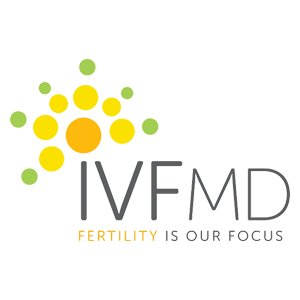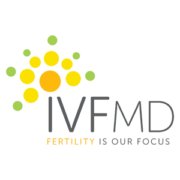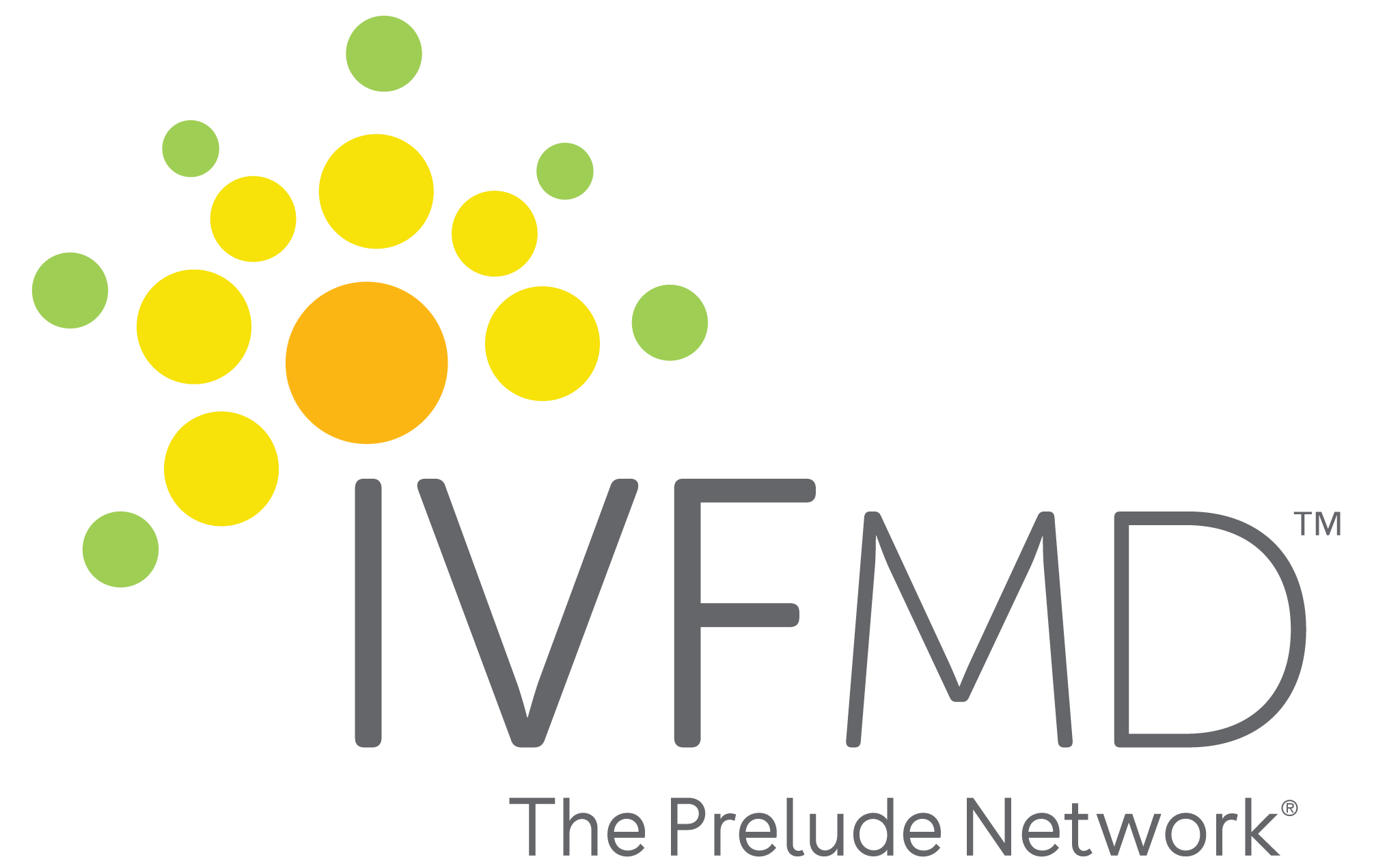SLEEP WELL AND INCREASE IVF SUCCESS

Marta Montenegro | PhD-c | MS | MSF | CSFN | CSCS
Doctorate in Clinical Nutrition, UNINI, candidate | Fertility Counselor
SLEEP WELL AND INCREASE IVF SUCCESS
The couple that decides upon In-Vitro Fertilization Treatment (IVF) to make their dreams of a family come true have so much to think about. But something important you may have overlooked throughout the process are your sleep patterns. You may already be among the statistics from the National Sleep Foundation in which 30% to 40% of adults report occasional insomnia or, even worse, be among the 10% to 15% of Americans that report having trouble sleeping all the time. Perhaps the “counting sheep” strategy to fall sleep has become a regular pattern due to stresses of fertility treatments. Whatever the reason you are tossing and turning, a recent study shows that you need to do something now to achieve at least seven hours of sleep a night if you want to increase the chances of a successful IVF outcome.
Plenty of studies show how the effects of sleep deprivation go well beyond just feeling grouchy the day after a sleepless night. This is only the tip of the iceberg. Lack of sleep hampers many physiological and psychological processes that, when not addressed, can impact weight management, Alzheimer’s risks, and many other health conditions.
With weight management, a recent study found that adequate sleep can reduce body fat. Participants were put on a diet and slept either 5.5 hours or 8.5 hours. While both groups lost the same amount of weight, those that slept for 8.5 hours lost more body fat.
As for fertility, the hormone prolactin spikes with sleep loss. One of this hormone’s tasks in the brain is triggering egg release. It’s common to find that women with fertility issues have suppressed ovulation due to elevated prolactin. Chances are you have never suspected your sleep habits could be a source of infertility.
Experts agree that sleep is very much needed for the growth and rejuvenation of our muscles and bones and to enhance our immune, nervous and endocrine systems. During sleep, our bodies repair muscles, consolidate memories, and release hormones and chemicals that regulate everything from energy to appetite.
So, how do good Zzzzz patterns affect your IVF treatment results?
An ancient Proverb states that “sleep is better than medicine” and there is some truth to this assertion.
Let’s begin with the master sleep hormone: melatonin. It is produced in the pineal gland and not only synchronizes the sleep pattern cycle, but also acts as a powerful antioxidant, anti-inflammatory, and DNA protector. All this in addition to its behavioral and endocrine effects.
Indeed, it’s the antioxidant effect of melatonin that makes this hormone so important for fighting off the free radicals in our bodies from daily exposure to excess sugar and saturated fat consumption, alcohol intake, chronic stress, pollutants, etc. In the medical field, we know that maintaining the balance between the body’s antioxidant levels and free radical production is critical to prevent everything from cancer, diabetes, and heart disease to Alzheimer’s and premature aging. The list of health threats goes on and on.
Filled in the egg basket
Understanding the relevance of melatonin in overall health – particularly as a powerful anti-inflammatory and antioxidant – it is no surprise that two recent studies found it to be helpful for those undergoing IVF treatment.
In the first study from the Journal of Assisted Reproduction and Genetics, a total of 60 patients with sleep disturbances were divided in two groups. One group with 30 patients was administered melatonin. The control group went without the supplement. Both groups underwent IVF-Embryo Transfer (ET). The group who took the melatonin improved both the number of eggs and their quality to be retrieved, and the embryo quality significantly improved compared with the group who did not take the melatonin.
While this study shows the benefit of melatonin on patients with sleep troubles undergoing IVF, will melatonin have the same effect when you don’t have sleep issues? It seems so. In another study, published in Ginecol Endocrinal Journal, patients underwent IVF with a technique called Injected Sperm into Egg (ICSI) – which in lay terms is a method to fertilize eggs in the lab after being aspirated – for two cycles. The first cycle was without melatonin supplementation, the second cycle with melatonin supplementation for at least two weeks. The fertilization rate of ICSI was lower in the first cycle than the second (69.3% Vs. 77.5%). Likewise, as the previous study cited showed, the quality of embryos also increased 65.5% v. 48%.
Before reaching out at the drugstore
At this point you may feel tempted to buy melatonin supplements. However, as with any supplement, they are not all created equal. Neither are they harmless as you may think since you can get them next to the toothpaste in drugstore aisle. Consult with your fertility doctor and/or your lifestyles specialist before popping any pills.
Remember though that food is also medicine and there’s no harm in increasing hormone levels by adding melatonin-rich food to your diet. And the best food sources do not come in “package.” Experts used to think that melatonin was exclusively found in animal hormones, but evidence shows that melatonin presence is higher in plants. Basically, just as our own bodies do, the plants have to defend against oxidative stress from all the internal and external hazards to which they are continuously exposed. This is when this powerful hormone constitutes such a healthy weapon of antioxidants that have shown to enhance crop tolerances to heat, cold, and pollutants. They also show higher germination rates. – Journal of Experimental Botany.
Look at “no label” food sources
Not all plant-based foods have the same melatonin content. A group of study subjects were provided with three fruits: pineapple, oranges, and bananas, in both whole fruit and juice form. The test was to evaluate the influence of melatonin serum levels and antioxidant status. The highest serum melatonin concentration was observed 120 min after fruit consumption, with pineapple taking the lead, followed by orange and then banana. Equally, the fruit consumption increased the body’s ability to sweep out harmful free radicals. No need to go along with the fruit alone; add in some oats which in another study proved to have the same effect. – Journal of Pineal Research.
If you already experience sleep deprivation anxiety or if just by reading this article you can’t wait to discuss with your specialist melatonin support for your IVF treatment outcome, try this recipe for a snack or breakfast. It’s packed with melatonin rich foods and other key nutrients shown to increase fertility.
| Pineapple Almond Yogurt Parfait (mix banana slices into yogurt and top with almonds, oats & cinnamon) | |||
| 2 | Tablespoons | Oats, raw | 37.50 |
| ¼ -1/2 | cup | Greek Yogurt, plain, non fat (can add a pinch of stevia to sweeten) | 32.00 -64.00 |
| 1 | Tablespoon | Almonds, sliced (or 7 almonds) | 50.00 |
| 1/2 | cup | Pineapple, orange or banana, sliced | 55.00 |
| 1/8 | Tsp (a pinch) | Cinnamon to taste | 0.00 |
| Totals: | 174.50 – 206.50 | ||




